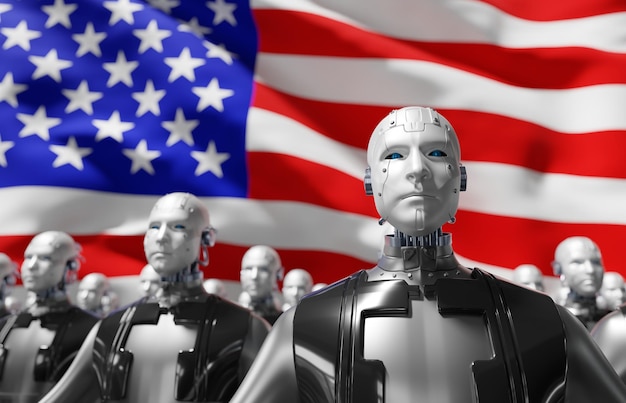Japan’s AI Leadership: Saisei no Michi’s Bold Move
Japan’s Saisei no Michi Party to Embrace AI Leadership
In a groundbreaking move, the Saisei no Michi (the Path to Rebirth) party in Japan has announced that it will appoint an artificial intelligence, dubbed ‘Penguin AI,’ as its next leader. This decision marks a significant shift in Japan’s political landscape, as the country grapples with the challenges of modern governance and the integration of technology into public life.
At a Glance
- New Leadership Model: Saisei no Michi will be led by AI.
- Background: The party was founded by Shinji Ishimaru in January 2025.
- Election Challenges: All candidates failed to win seats in recent elections.
- Future Plans: A roadmap for AI leadership will be presented soon.
The Rise of Saisei no Michi
Founded in January 2025 by Shinji Ishimaru, a former mayor of Akitakata in Hiroshima Prefecture, Saisei no Michi emerged from a desire to address Japan’s pressing issues. Ishimaru expressed his growing concern for the country’s future, stating, “For a long time, I’ve had the feeling that things were getting bad in this country, and that we need to do something about it.” His vision for change led to the creation of the party, which aims to rejuvenate Japan’s political system.
Recent Election Outcomes
The party faced significant challenges during recent elections. In the Tokyo assembly election in June, all 42 candidates from Saisei no Michi failed to secure seats. This disappointing outcome was followed by a lackluster performance in July’s Upper House election, where ten candidates also did not win. These results prompted Ishimaru’s resignation as party leader, paving the way for a new and unconventional approach to leadership.
Introducing Penguin AI
The announcement of ‘Penguin AI’ as the party leader has sparked both intrigue and skepticism. Koki Okumura, a 25-year-old student from Kyoto University who specializes in AI research, will serve as the nominal head of the party while the AI takes on the leadership role. Okumura clarified that he will primarily act as an assistant to the AI, emphasizing the innovative direction the party aims to take.
AI’s Role in Governance
According to Okumura, the AI will play a crucial role in directing resource distribution within the party. However, it will not dictate the political activities of its members. This delineation of responsibilities raises questions about the extent of AI involvement in political decision-making. Okumura stated, “A roadmap will be presented in the future,” indicating that the party is still formulating how this AI leadership will function in practice.
Public Reception and Future Implications
The concept of an AI leading a political party is unprecedented in Japan and has generated mixed reactions among the public and political analysts. Some view it as a forward-thinking approach that could bring efficiency and data-driven decision-making to politics. Others express concern about the implications of relying on AI for leadership, questioning whether it can truly understand the complexities of human governance.
Comparative Analysis with Global Trends
Globally, the integration of AI in various sectors has been on the rise, but its application in politics remains rare. Countries like Estonia have experimented with e-governance and digital solutions, but none have yet appointed an AI as a political leader. Japan’s move could set a precedent, prompting other nations to explore similar innovations in governance.
Reader Q&A
What prompted Saisei no Michi to choose an AI leader?
The party’s disappointing performance in recent elections led to a search for innovative solutions to rejuvenate its political approach, culminating in the decision to appoint an AI leader.
How will Penguin AI influence party decisions?
While the AI will direct resource distribution, it will not dictate the political activities of party members, allowing for a balance between AI insights and human judgment.
What are the potential risks of AI leadership in politics?
Concerns include the AI’s ability to understand complex human issues and the potential for a lack of accountability in decision-making processes.
Conclusion
The Saisei no Michi party’s decision to install Penguin AI as its leader represents a bold experiment in political governance. As Japan navigates this uncharted territory, the implications of AI in leadership roles will be closely monitored, potentially influencing global political practices in the years to come.

